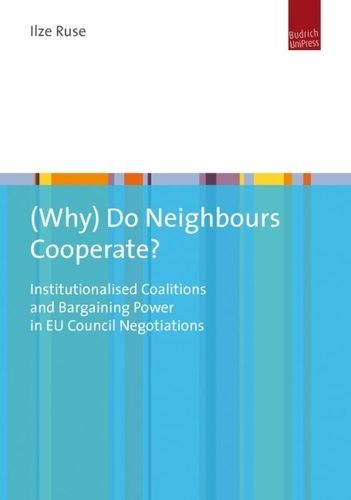- Ebook

COP $ 84.900
Negotiations in the European Union Council of Ministers are not only taking place within formal decision-making structures. Member states strive to find allies and coordinate their positions prior to formal negotiation meetings. They either create ad hoc coalitions to pool voting power or cooperate within more durable, institutionalised coalitions that traditionally form due to geographical proximity or among like-minded member states as task-specific coalitions on particular issues. Institutionalised coalitions bestow their members with a bargaining advantage even if they cannot generate enough voting weight to reach voting thresholds.
Negotiations in the European Union Council of Ministers are not only taking place within formal decision-making structures. Member states strive to find allies and coordinate their positions prior to formal negotiation meetings. They either create ad hoc coalitions to pool voting power or cooperate within more durable, institutionalised coalitions that traditionally form due to geographical proximity or among like-minded member states as task-specific coalitions on particular issues. Institutionalised coalitions bestow their members with a bargaining advantage even if they cannot generate enough voting weight to reach voting thresholds.
-
FormatoEbook
-
EstadoNuevo
-
Isbn9783863881849
-
Peso937 KB
-
Número de páginas196
-
Año de edición2012
-
IdiomaInglés
-
FormatoPDF
-
ProtecciónDRM
-
ReferenciaBKW50996
